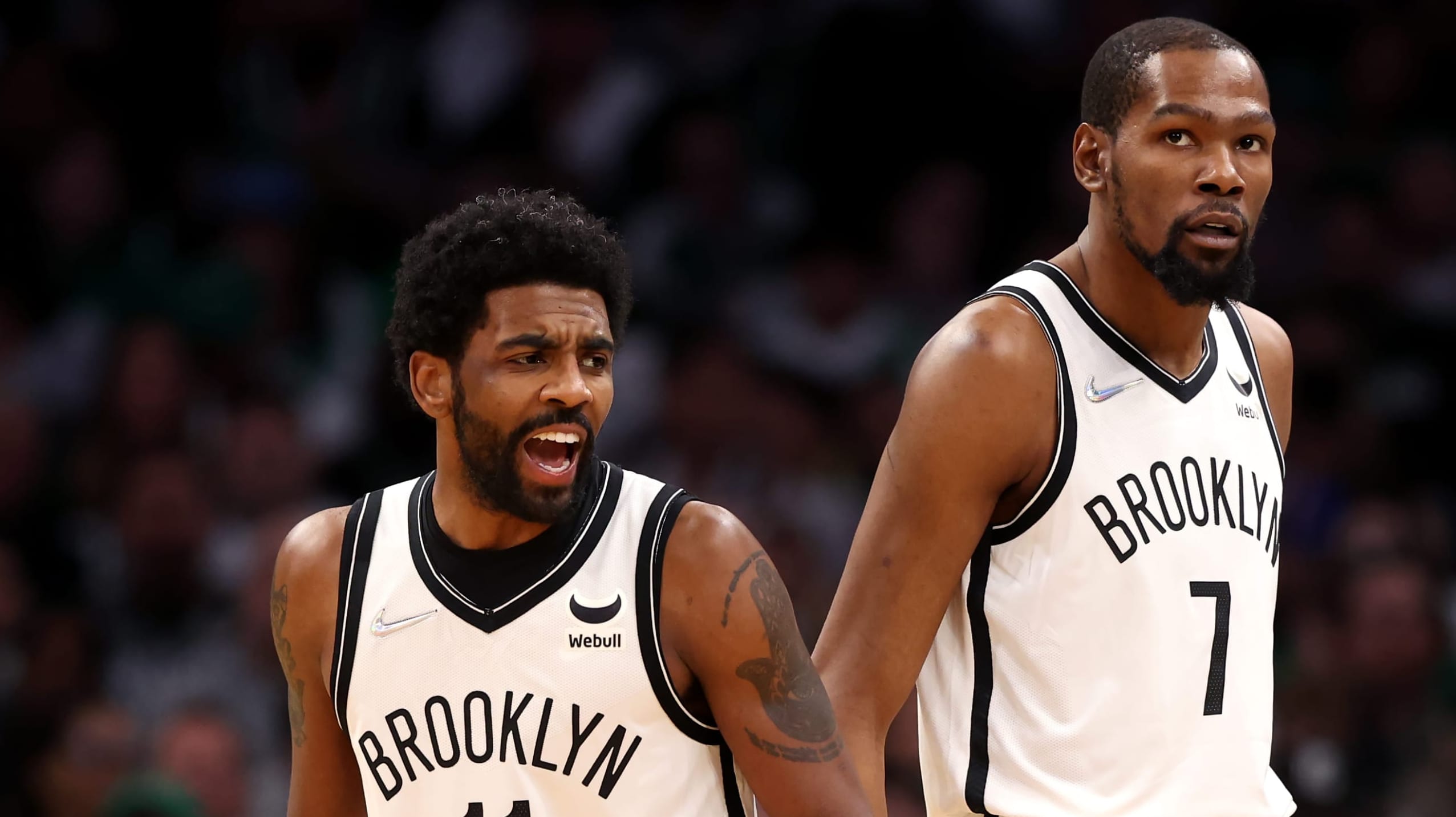Whenever there’s a dispute between management and workers in our devout capitalistic society, I tend to side with the laborers, whether it’s Starbucks vs. baristas, Amazon vs. drivers, hospitals vs. nurses or pro leagues vs. athletes.
Such calls are easy to make 99 percent of the time, and I lean toward the workforce in close cases. In the NBA, that means supporting the trend of player movement, a hot topic at the All-Star Game with Kevin Durant and Kyrie Irving as prime examples.
The Brooklyn Nets are a smoldering shell of the championship-contending unit we saw when the season began. In accommodating trade requests from Irving and Durant earlier this month, Brooklyn shocked the league and set off a fresh wave of complaints about power dynamics between players and teams. Durant, Irving, and James Harden — the Nets’ three recent All-Stars — all wanted out.
They’re all balling elsewhere as a result.
“I think that’s a bad thing,” NBA commissioner Adam Silver said at his annual All-Star news conference. “I think it’s corrosive to the system. Certainly, fans don’t like it. Even lots of players don’t like it as well because, ultimately, they may be [signing with] a particular team under a belief that that player is still going to be there.”
Before we continue, let’s acknowledge that word usage is a huge part of the problem. The terms “trade request” and “trade demand” are not (necessarily) the same thing. But they’re often used interchangeably by fans and media, generating sympathy for owners.
If you ask to be shipped out, you can still play hard and conduct yourself as a professional. Your…
Read the full article here



